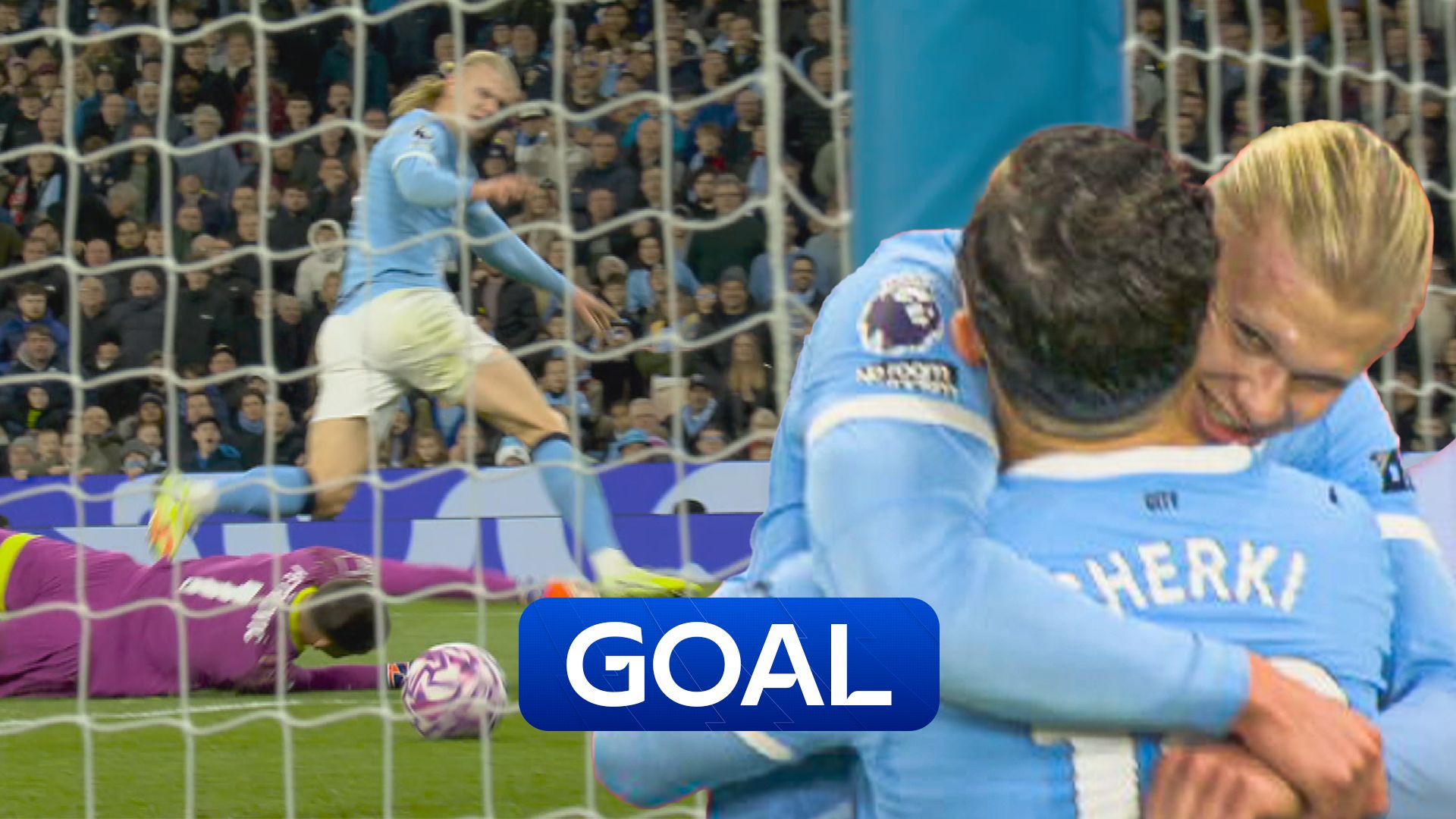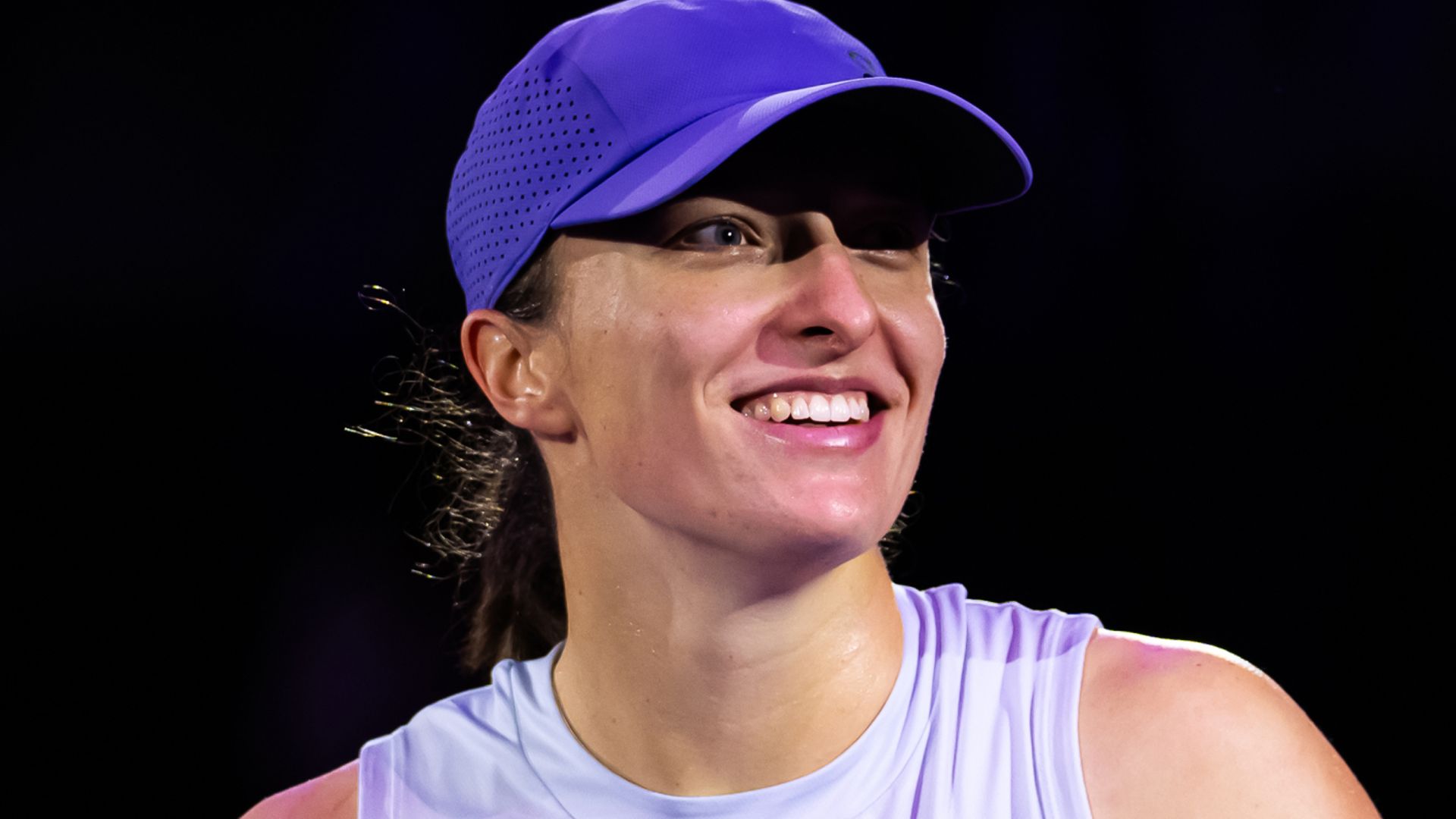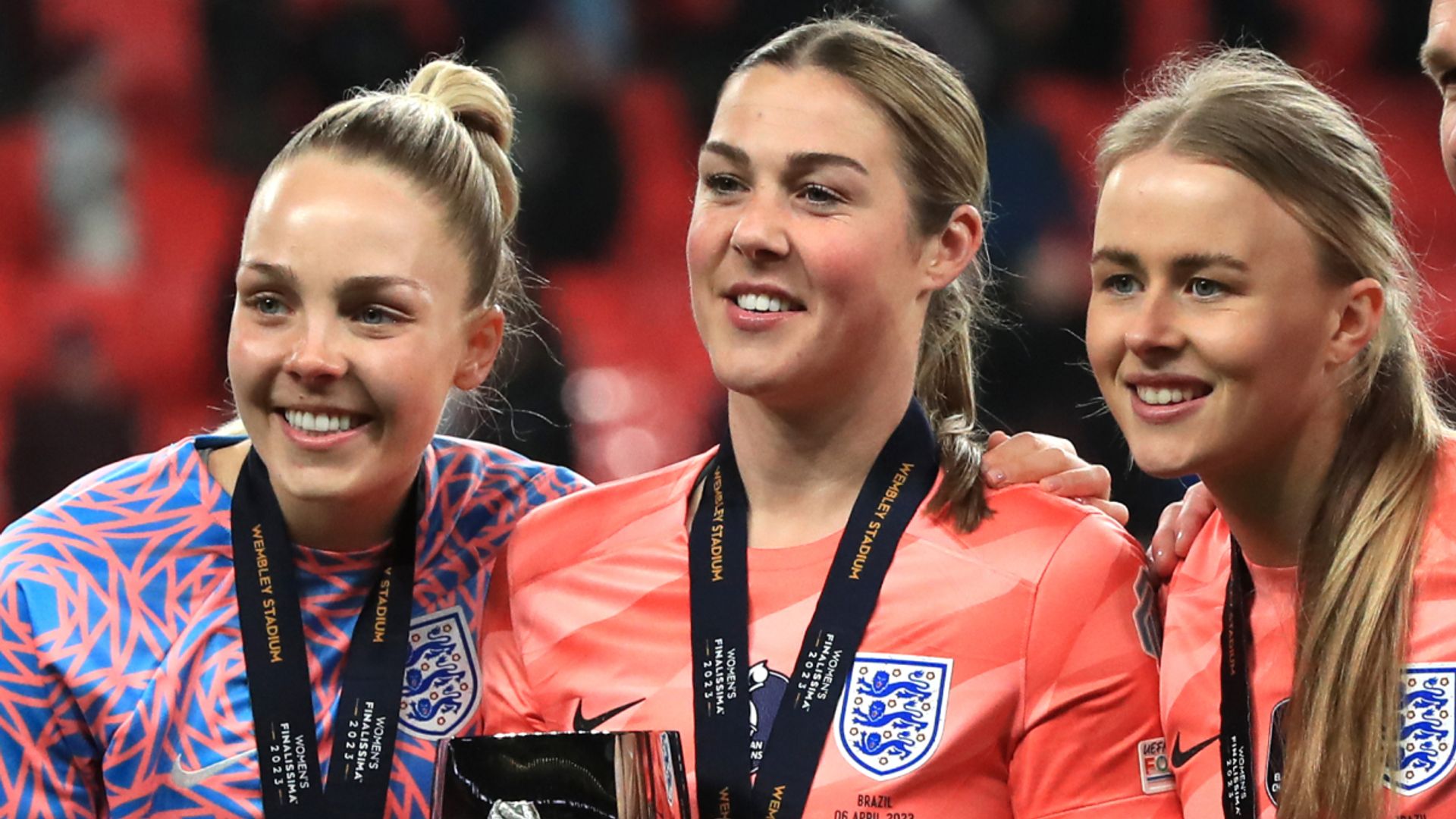Erling Haaland’s Dominance: A Modern-Day Goliath Shattering All Records, Igniting Fury and Resentment Among Football’s Elite
Erling Haaland, the Norwegian striker currently wreaking havoc in the Premier League, has risen to a status that some might liken to mythological figures from yesteryears. His recent feats, particularly a stunning brace against Bournemouth that propelled Manchester City back into the lead, have left opponents trembling and supporters exhilarated. Haaland’s performance exemplifies not only individual brilliance but also the growing schism in football, akin to a contemporary David and Goliath narrative unfolding on the pitch, albeit with Goliath firmly in the driver’s seat.
The landscape of modern football has been irrevocably transformed by clubs awash with wealth—a phenomenon most starkly represented by Manchester City. Since their acquisition by the Abu Dhabi United Group in 2008, City has evolved from mid-table obscurity to a powerhouse in both English and European football. The investment in world-class talent, infrastructure, and a meticulous scouting system has paid off handsomely. Haaland, acquired for a reported €60 million from Borussia Dortmund, is emblematic of these strategic investments. He was brought in not just as a goal scorer but as a talisman, a figure around whom City’s aspirations can coalesce.
As football increasingly mirrors broader societal themes of inequality and the concentration of wealth, Haaland’s ascent is a critical lens through which to analyze this evolution. His prolific goal-scoring record, much like the expanding disparities in wealth among football clubs and societal structures, raises unnerving questions. Are we witnessing the emergence of an elite caste within football—teams that can afford top-tier talent that others simply cannot? Haaland’s successive goals and records signal a troubling trend: as certain clubs continue to dominate, spectator loyalty and rival fanbases may erode, leading to feelings of disenfranchisement among supporters of more humble teams.
Yet, alongside the admiration of Haaland’s athletic prowess lies a whisper of discontent among fans. The argument revolves around whether an individual player should have so much power to sway the game and, by extension, the broader narratives of competition. Football has always thrived on the representational struggle—smaller clubs having their moment in the sun against the giants of the game. The increasing chasm between the elite and the underdogs fosters bitterness that diverges along both geographical and socio-economic lines.
This divide echoes broader debates in many sectors, from wealth inequality that dominates political discourse to discussions around corporate influence in public policy. Just as the 1% in society is often held in disdain for amassing fortunes while the working class struggles, clubs like Manchester City are viewed through a similar lens, seemingly unnaturally bolstered by financial muscle rather than sporting merit alone. The sight of Haaland scoring goals—a joyous moment for City’s fans—simultaneously becomes a bitter reminder of the unsettling reality that competitive balance is being upended.
As clubs struggle to close the gap—through various attempts such as Financial Fair Play regulations—the sheer force of personnel like Haaland challenges the efficacy of such measures. While rules are in place to promote equality on the pitch, the palpable tension brews off it, questioning whether regulations can effect real change or are mere band-aids over a gaping wound. The reaction from rival clubs and their fans often encapsulates a duality: respect for Haaland’s abilities and frustration that the modern game increasingly seems predetermined, where few clubs have the resources to align with the best.
Interestingly, as much as Haaland’s brilliance ignites excitement, it also invites existential questions about the future of football. Attendances at games, loyalty shifts, and even media narrative all bend according to the wrists of players like Haaland. His ability to score goals is not just a reflection of personal skill but also an indication of how the sport is being reshaped by commerce and financial prowess—a perfect storm that leaves traditional values of competition in a precarious position.
Furthermore, with Haaland’s record-setting streaks, discussions arise within the realms of media—especially social media—where his every goal creates a storm of commentary. The contrasting narratives about his dominance range from ardent worship to deep-seated resentment. For many, the narrative of Haaland as a “modern Goliath” could be framed as a cautionary tale, parallel to discussions around monopolistic practices in sports leagues and their adverse effects on communities and fan engagement.
Creating rivalries in sports has historically been vital to fueling competitiveness. However, the broadening financial divide between affluent clubs and their less financially endowed counterparts leads to a static form of rivalry where scarcely any hope for upsets emerges. Observers of the Premier League dramatic tale may question whether we will see the same level of competition across seasons as previously enjoyed or whether the dominance of talent heavyweights will settle into a monotonous rhythm.
As he continues his quest to shatter records, Erling Haaland holds the potential to ignite further ideological clashes among football’s passionate supporters. The exhilaration accompanying his goals often gets entangled with an unsettling recognition of disparities that threaten the integrity of the competition. Far from merely being a tale of sports excellence, the narrative weaved around Haaland is now interlaced with larger sentiments of equity, aspiration, and the fundamental ethos of football: grassroots struggle against overwhelming odds, virtually echoing the narratives of societies yearning for balance.
Whether celebrated as a once-in-a-generation talent or criticized as a symbol of the corruptive financial influences plaguing the sport today, Haaland’s legacy, like many vital narratives, teeters on the knife’s edge of sports and societal confluence. The cycle continues, and each goal scored adds fuel to the fire, revealing deeper fissures within modern football’s complex tapestry—waiting for a generation of new leaders, be they teams, players, or even governing bodies, to rewrite the rules.




